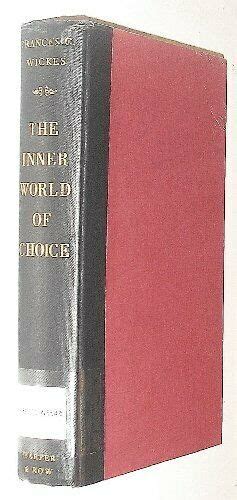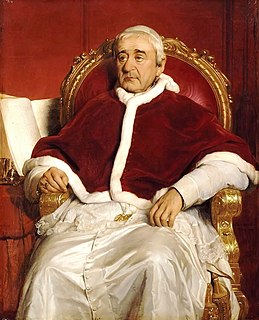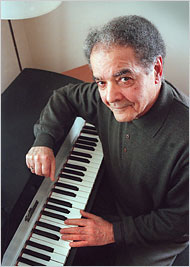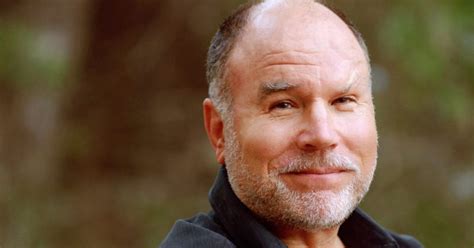A Quote by Michel de Montaigne
What kind of truth is this which is true on one side of a mountain and false on the other?
Related Quotes
We have hitherto considered only two possibilities: that the received opinion may be false, and some other opinion, consequently, true; or that, the received opinion being true, a conflict with the opposite error is essential to a clear apprehension and deep feeling of its truth. But there is a commoner case than either of these; when the conflicting doctrines, instead of being one true and the other false, share the truth between them.
The bullshitter is neither on the side of the true or the side of the false. His eye is not on the facts at all. He does not reject the authority of the truth, as the liar does, and oppose himself to it. He pays no attention to it at all. By virtue of this, bullshit is a greater enemy of the truth than lies are.
So the dream is continually reminding us of the part which our conscious is forgetting. It does not speak with any absolute authority; it simply gives a true picture of a situation which exists in the unconscious. It speaks truth; but not, as some persons believe, the truth. It shows the other side.
Fiction can produce truth, and truth can be false. What does it mean to say that it's true that, what, two out of six people in this city are starving? That's true, but that is only true because the conditions we live under are completely wrong - that should not be true, and it is. And in something like Sarah Polley's film, her fictions deliver so much truth. The retellings and the simulations and the theatrical aspects are what deliver all the truth.
Don't lies eventually lead to the truth? And don't all my stories, true or false, tend toward the same conclusion? Don't they all have the same meaning? So what does it matter whether they are true or false if, in both cases, they are significant of what I have been and what I am? Sometimes it is easier to see clearly into the liar than into the man who tells the truth. Truth, like light, blinds. Falsehood, on the contrary, is a beautiful twilight that enhances every object.
We are here speaking in open disapproval of that false system of philosophy, not so long ago introduced, by which, because of an extended and unbridled desire of novelty, truth is not sought where it truly resides, and, with a disregard for the holy and apostolic traditions, other vain, futile, uncertain doctrines, not approved by the Church are accepted as true, on which very vain men mistakenly think that truth itself is supported and sustained.
Pragmatism asks its usual question. "Grant an idea or belief to be true," it says, "what concrete difference will its being true make in anyone's actual life? How will the truth be realized? What experiences will be different from those which would obtain if the belief were false? What, in short, is the truth's cash-value in experiential terms?
The philosopher forms his principles on an infinity of particular observations. He does not confuse truth with plausibility, he takes for truth what is true, for false what is false, for doubtful what is doubtful, and probable what is probable. The philosophical spirit is thus a spirit of observation and accuracy.
Isolating the student from large sections of human knowledge is not the basis of a Christian education. Rather it is giving him or her the framework for total truth, rooted in the Creator's existence and in the Bible's teaching, so that in each step of the formal learning process the student will understand what is true and what is false and why it is true or false.








































